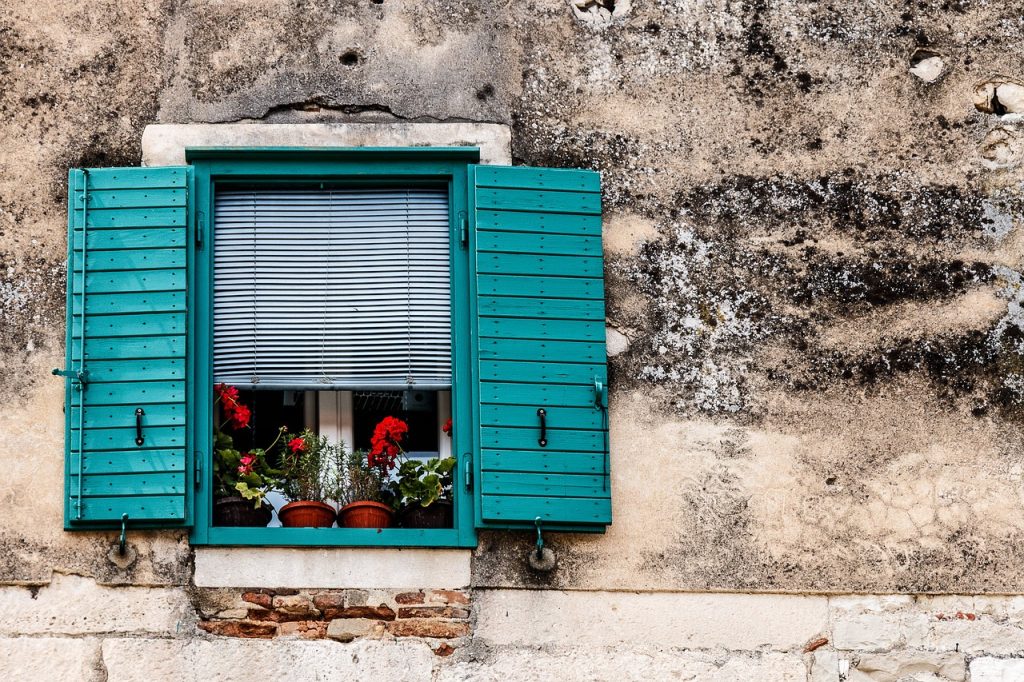It’s no surprise that 2020 was uneventful when it comes to the number of tourists, resulting in an increased number of deregistered private accommodations, reports Slobodna Dalmacija.
Namely, many private accommodation owners have recorded fewer or no guests due to the coronavirus pandemic. Some are deregistering as tourist accommodation, while others are trying to get tenants for a limited period of stay in the facility, no later than June 1.
“In 2020, in the area of Split-Dalmatia County, 3266 citizens requested to cancel the provision of catering services in the household,” says Stjepanka Marčić, head of the Department of Tourism in Split-Dalmatia County, which currently has 26,523 active landlords. Their total number decreased by 11 percent compared to the period before the pandemic.
The highest number of deregistrations was recorded in Split, where 1,200 landlords requested deregistration, i.e., 15 percent of the total number of registered. The least are on the islands of Hvar and Vis, five percent of them,” said Stjepanka Marčić.
Citizens submitted requests to deregister throughout the year, most intensively during December 2020.
The most common reason for deregistering is that in 2020, they did not have a single guest, while at the same time, they had to pay taxes, tourist tax, and tourist membership fees. Many decided that it is not worth bearing the cost with no income.
This is confirmed by one landlord, who decided to deregister his apartment in the wider center of Split last fall.
“I paid half the sojourn tax, half was waived. And a membership fee to the Tourist Board, and two lump sum installments, and not a single guest. Not a guest, not even an inquiry. If I hadn’t deregistered the apartment in October, I would have paid the last installment of the lump sum. It doesn’t make sense,” said the Split landlord. At the moment, he is not even thinking about whether to reactivate his apartment for tourist purposes.
“Who knows what will happen in a month? Who can be smart here? They will say that a new strain of corona has come again, and everything will close everything again. Vaccines and masks, and who has been vaccinated twice or thrice.
Of course, in June everything will reopen due to the tourist season and nothing will matter anymore nor will they control who enters the country. And then the locals will shut us down again in October,” he added.
The Split-Dalmatia County Tourism Department is reluctant to predict whether and to what extent they will see renters return.
“Citizens who have deregistered will follow the development of the market situation and, accordingly, will decide how to proceed. Some real estate owners in the city of Split have already decided on long-term rentals or renting to students, while others, depending on the situation in the countries of major markets, the interest of foreign and domestic guests, epidemiological rules, flight schedule and calming the pandemic, will consider reactivating their capacities,” says Stjepanka Marčić.
Anyone who has deregistered their private accommodation from the Register of Landlords will have to submit a new request, accompanied by the legally prescribed evidence if they change their minds and want to re-host tourists. In the conducted procedure, an inspection will be carried out and a new decision will be made to provide catering services in the household.
By amending the Law on Catering Activity, the deadline for obtaining a permanent solution instead of a temporary one has been extended by one year. Renters who have a temporary solution with a deadline of 31 December 2020 may continue to provide services until 31 December 2021 on the basis of that solution and have no obligation to obtain a new one.
The same deadline applies to caterers who have obtained an interim decision on determining the minimum conditions or an interim decision on the categorization of catering facilities with a deadline of 31 December 2020. They can continue to perform catering activities until 31 December 2021 without obtaining a new decision.
Last year’s weak tourist season forced many Dubrovnik renters to turn to long-term rentals, too.
Due to new tax solutions passed in the record 2019, according to which the maximum city taxes per tourist bed and also the maximum high tourist tax for 2021 in Dubrovnik were calculated, many renters canceled the categorization of their apartments.
According to the data of the State Administration Office of the Department of Tourism, as of December 15, 8,397 landlords were registered in Dubrovnik-Neretva County, while last year there were 8,725.
By mid-December, there were 328 fewer private renters or 2,071 fewer beds than last year. Of that, there is a reduction of 141 landlords or 843 beds in the city of Dubrovnik.
Last year, private accommodation in Zadar was 7.34 percent full. This data best illustrates how much the epidemic had an impact on the occupancy of private apartments.
Although the Zadar Tourist Board registered 31 percent occupancy in July and 38 percent in August, it could not save the season. This also had an impact on the interest of renters, whose number is declining.
According to the current data in the eVisitor system, compared to the same period last year, there is four percent less capacity in basic beds and seven percent fewer renters in Zadar.
However, the city’s Tourist Board points out that canceling the decision on temporary approval for the provision of catering services in the household is carried out by the Administrative Department for entrusted affairs of the Zadar County State Administration, so the exact number of deregistered capacities will be known in January.
Finally, the number of deregistered accommodations in Šibenik-Knin County in 2020 is 9 percent, and in the city of Šibenik, it has risen to as much as 14 percent, which puts it alongside Split.
“Before the pandemic, there were 8670 landlords in the county, and today there are 7889 of them,” said the authorities in the Šibenik-Knin County Department of Tourism. Most deregistered accommodations were recorded in the city of Šibenik, suburbs, and towns, especially in September.
“The most common explanations were uncertainty due to the situation caused by the COVID-19 pandemic. The problem is the payment of obligations, and the landlords do not have announcements of reservations and guests,” said Šibenik-Knin County.
A large number of renters who have deregisterd accommodation have announced that they will report them again when the pandemic calms down.
To read more about lifestyle in Croatia, follow TCN’s dedicated page.










